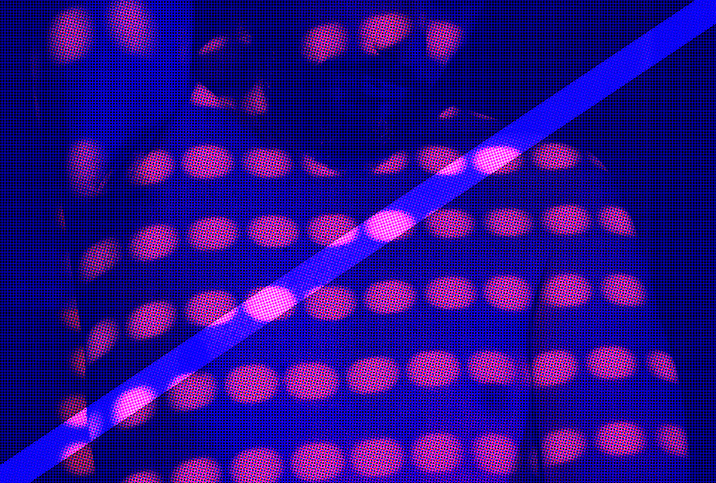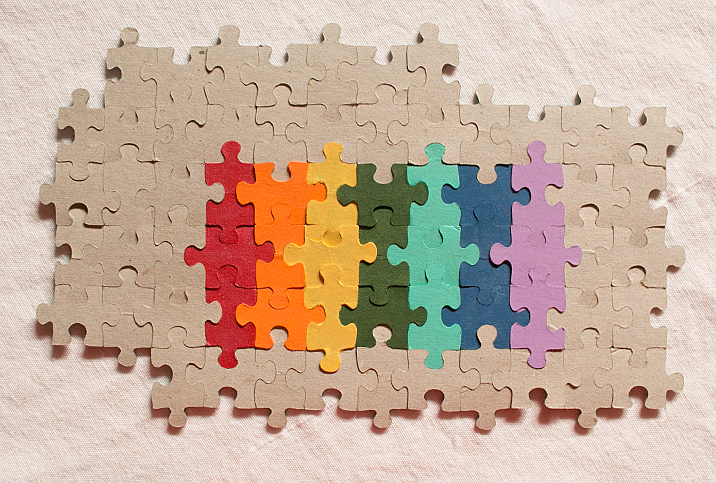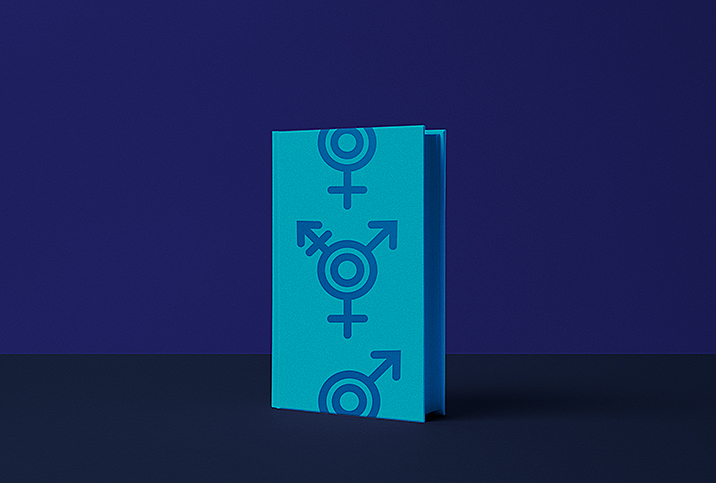Understanding the Real Identity of Attraction to More Than One Gender

Being bisexual encompasses more than just being turned on by both men and women. The Bisexual Resource Center (BRC) uses the word bisexual to describe all individuals who experience an emotional, romantic or sexual attraction to individuals of more than one gender, regardless of whether the individuals self-identify as queer, fluid, omnisexual, pansexual or other.
In 2016, the Centers for Disease Control and Prevention (CDC) reported that 5.5 percent of women and 2 percent of men identified as bisexual, suggesting that bi individuals comprise the largest group in the LGBTQIA+ community.
For the record
Whether an individual identifies as bi, fluid or pansexual, no perfect definition applies to all. That, of course, means the term bi itself may cause some difficulty, but we'll use it here because it's such a commonly used term.
First, it's important to know that bisexuals don't have to be attracted equally to men and women. Some people are more attracted to one sex than the other. Some experience sexual attraction to one sex but emotional or romantic attraction to both. Many bisexuals are attracted to people who don't identify as men or women at all. There are no "rules." Or maybe there's just one rule: We are attracted to who we are attracted to.
Bisexuality does exist
For decades, we've heard people question the legitimacy of bisexuality. Happily, science is debunking harmful myths. A 2012 study from the Archives of Sexual Behavior found that bisexual men experienced genital arousal watching videos of both men and women, while lesbians did only for women and gay men only for men. The science certainly indicates an attraction to more than one gender—both self-reported and physically measured—is real for those who experience it.
Discrimination against bisexuals
Despite the prevalence of individuals self-reporting as bisexual, some people still believe this sexuality is inauthentic. Such misguided thinking results in biphobia (discrimination against bi individuals) and bi-invisibility or bi-erasure (denial of bisexuality as a real identity).
"It's just a phase" is a common accusation that highlights the discrimination toward and discrediting of bisexuals as a group. Yet, the findings from a 2008 study in Developmental Psychology are enlightening. The study followed bi women for 10 years and reported only 8 percent of those who identified as bi in their adolescence did not remain sexually fluid. Clearly, being bi is not a phase for everyone.
Bisexuals also experience greater disparities in work, poverty, health care and violence. Compared to lesbians and gay men, bi individuals are less comfortable with their sexuality, have lower levels of support, are less likely to be "out" and have higher rates of mental health problems, substance use, self-harm and suicidal thoughts/attempts. Only 28 percent of bisexuals are mostly or completely out to friends and family, compared to 77 percent of gay men and 71 percent of lesbians. About 88 percent of bisexual women have told at least one person, a number that drops to 54 percent for bisexual men.
Coming out as bisexual
Being open about your sexuality is entirely a personal choice. If you're a private person and want to keep it to yourself, that's your prerogative. You have every right to decide not to share this special part of yourself, but you should never have to feel like you cannot be open with others about who you are. True friends should accept you as you, no questions asked.
Family is a bit different. Unlike friends, we don't choose them. That said, you may find that your parent or a sibling or even a grandparent is a lot more open-minded than you give them credit for. If you want to come out and aren't sure how talk to supportive friends, other bi people or a therapist. Remember the positive aspects such as intra- and interpersonal growth—increased feelings of authenticity and deepened connections with others—and social consciousness. Research tips and read support manuals about how to do it.
As the BRC puts it, being bisexual is "not just a phase, it's my life." If you're bi, know that there is scientific support behind you. You are real, your feelings are real and you deserve recognition.
If you know someone who is bi, treat them with respect and never call into question their identity. Love is love, attraction is attraction and we all deserve to be accepted for who we really are.


















